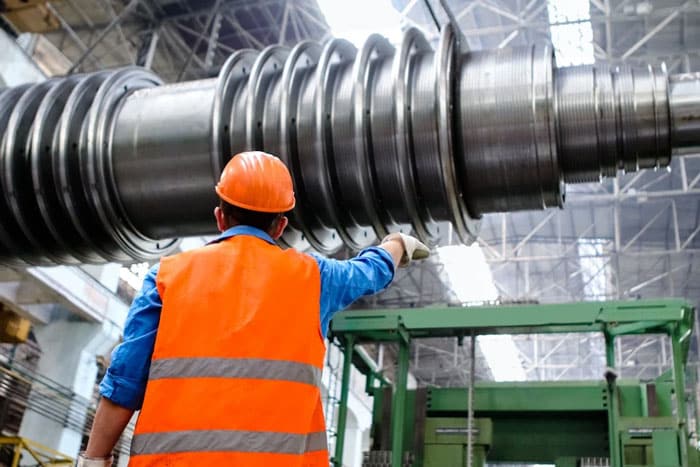
Mechanical Aptitude Tests: Five Most Commonly Asked Questions and Answers
If you are applying to certain positions in certain industries, one of the tests employers will want you to take is the mechanical aptitude test.
This post helps you to understand what mechanical aptitude tests are, who is expected to take them, and how you can properly prepare for it.
Read on …
What are mechanical aptitude tests?
One of the most common types of aptitude tests are mechanical tests. The main aim of these tests is to measure jobseekers’ knowledge of mechanical and physical concepts, and therefore they are often required as part of the application process for many transportation, electrical, energy, and manufacturing companies.
Among the test takers are engineers, mechanics, repairpersons, and maintenance personnel.
Some of the major employers who conduct these tests are Delta Airlines, AT&T, Dupont, and Amtrak.
In addition, it is customary for the U.S. military to conduct mechanical aptitude tests.
Who are the main test providers?
There are four main providers of mechanical aptitude tests: Bennet, Wiesen, the military ASVAB, and Ramsay.
Each has a different focus. The Bennet Test is considered the most reliable test for industrial and repair positions.
The Wiesen Test is more common for candidates seeking jobs in operating, maintaining, and repairing machinery (i.e. dealing more with day-to-day operations).
The ASVAB is required of all military recruits, and the Ramsay Mechanical Test is designed to identify potential candidates for trainee programs and apprenticeships.
What is the format of the mechanical tests?
Each test has a unique format and a slightly different purpose. What unites most mechanical aptitude tests is that nearly all of them consist of multiple-choice questions about an included diagram.
In addition, in most cases the questions are not profession-specific, but are rather more general and aimed at examining a candidate’s inclination, understanding, and intuition.
In general, most tests have two main types of questions—those that are related to mechanics and those that are related to electricity.
While mechanics questions focus on energy, kinetics, potential energy, forces and motion, friction, gravity, and moments, electricity questions focus on voltage, circuits, and magnetism.
What is unique about the ASVAB?
All military recruits are required to take the ASVAB test before they join the military. The test consists of four main sections: verbal, math, science & technical, and spatial. Each section contains sub-tests, such as word knowledge, paragraph comprehension, arithmetic reasoning, and mathematical knowledge.
The more technical section includes questions about general science, electronics information, auto information, shop information, and mechanical comprehension.
How can you prepare?
Before taking a mechanical aptitude test one should bear in mind that preparation is needed.
Mechanical tests require knowledge in specific fields, and dedication to test preparation can make the difference and help a candidate to outperform his or her competition.
To ensure you are prepared, find out what type of mechanical aptitude test you’re about to take and use online resources to practice.
While there are free resources online, they are usually inadequate. Paying for the appropriate resources can be expensive, but they do provide an added bonus—a possible boost to the salary of your future job.



